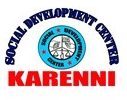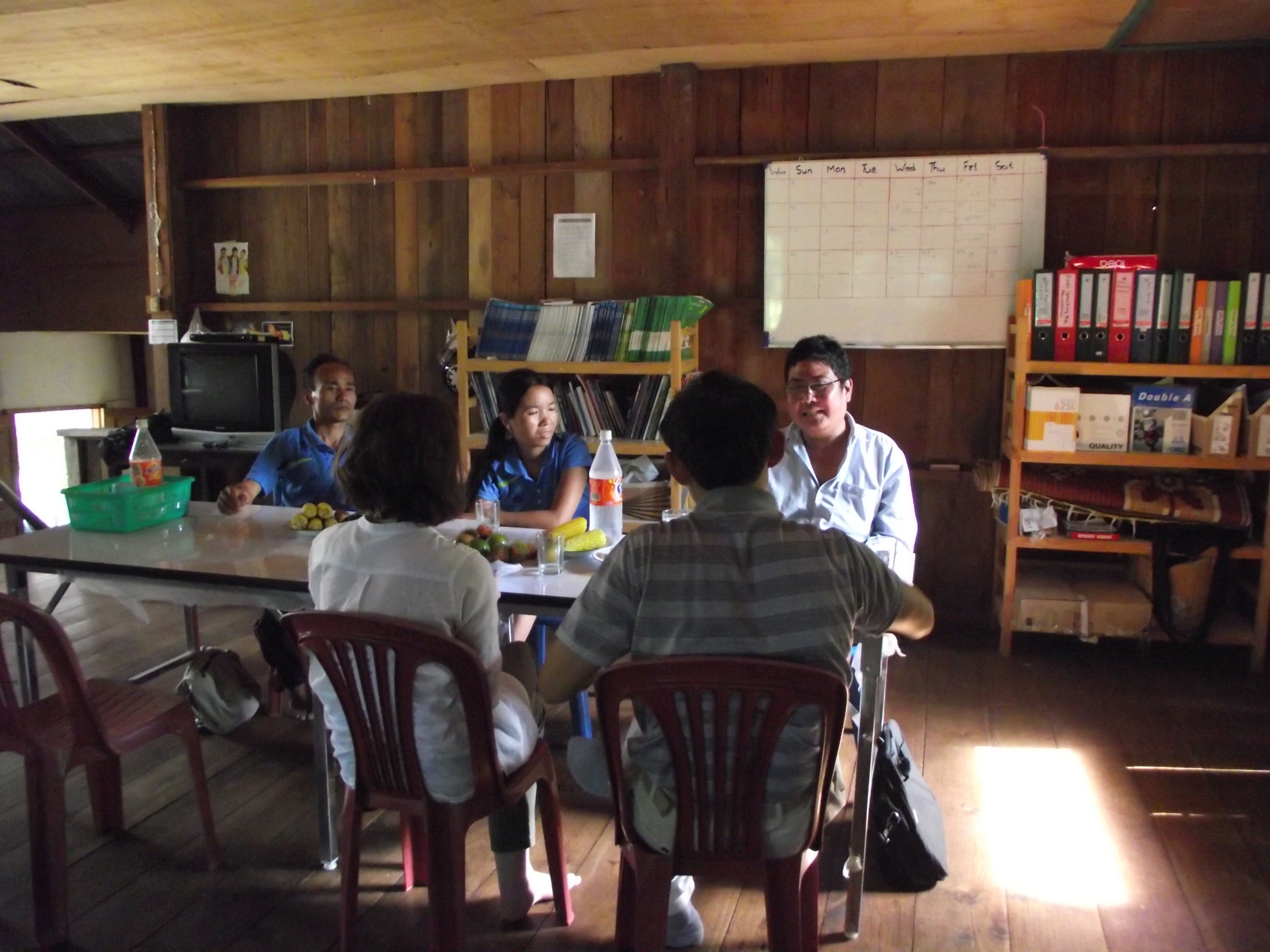UNHCR runs a verification exercise in Karenni Camp 1
This month, along the Thai-Burma border The United Nations High Commissioner of Refugees (UNHCR) and The Thai Ministry of Interior (MOI) have been counting the citizens of the refugee camps and providing them with cards as part of a verification exercise.
This exercise has been taking place in all nine refugee camps along the border. This includes the two Karenni Refugee Camps. The purpose of the exercise as stated by the UN was to verify the population of the camps. The data will be used to find ways to better coordinate humanitarian assistance.
The verification exercise in Karenni Refugee Camp 1 took place over 2 weeks with various sections being called to meet and take part in the exercise. The in camp exercise had two main activities. The first activity involved collecting data on the refugee population within the camp. The second activity involved distribution of UN cards to the refugee population.
The verification process included collecting retinal scans, photographs and fingerprints. This...



